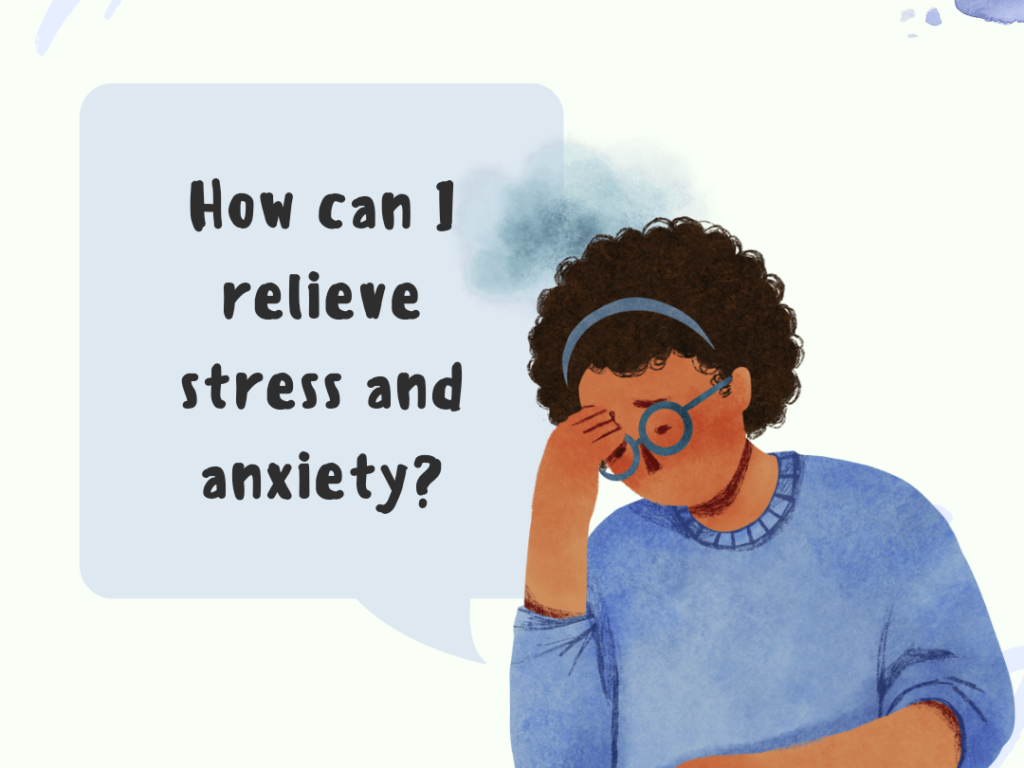Introduction
Sleep is more than just a time for rest—it’s essential for your body to recover and function optimally. Good sleep enhances mental clarity, strengthens your immune system, and even supports weight management. This article explores the critical role of sleep in maintaining health and offers practical tips for improving your sleep quality.
1. Why Sleep is Crucial for Health
Your body undergoes several restorative processes during sleep, such as:
- Repairing muscles and tissues.
- Consolidating memories and enhancing brain function.
- Regulating hormones that influence appetite, stress, and mood.
Internal Link: Learn more about Stress Management Techniques.
2. Signs You’re Not Getting Enough Sleep
Poor sleep can manifest in various ways:
- Feeling fatigued during the day despite sleeping.
- Difficulty concentrating or remembering things.
- Increased irritability or mood swings.
Outbound Link: Explore how sleep affects your brain at Sleep Foundation.

3. How Much Sleep Do You Need?
Sleep requirements vary by age:
- Infants (0-1 year): 12-16 hours.
- Teens (14-17 years): 8-10 hours.
- Adults (18-64 years): 7-9 hours.
- Seniors (65+ years): 7-8 hours.
4. The Link Between Sleep and Physical Health
Sleep directly impacts your physical well-being by:
- Reducing the risk of heart disease, diabetes, and obesity.
- Strengthening the immune system to fight illnesses.
- Promoting healthy weight management through hormonal balance.
5. The Role of Sleep in Mental Health
Quality sleep plays a significant role in mental well-being:
- Prevents anxiety and depression.
- Improves focus and cognitive function.
- Enhances emotional regulation and resilience.
Internal Link: Discover Mental Health Tips for Positivity.
6. Tips for Better Sleep
Adopt these habits for improved sleep quality:
a. Establish a Consistent Sleep Schedule
- Go to bed and wake up at the same time daily, even on weekends.
b. Create a Relaxing Bedtime Routine
- Activities like reading or taking a warm bath can help you unwind.
c. Optimize Your Sleep Environment
- Keep your bedroom cool, dark, and quiet.
- Use blackout curtains or a white noise machine if necessary.
d. Limit Screen Time Before Bed
- Avoid using electronic devices an hour before sleeping as blue light disrupts melatonin production.
7. Foods That Promote Sleep
Certain foods can help you sleep better:
- Rich in tryptophan: Turkey, eggs, and nuts.
- High in magnesium: Spinach, avocados, and bananas.
- Sleep-inducing teas: Chamomile or valerian root tea.
8. Avoiding Sleep Disruptors
Stay away from these common sleep interrupters:
- Caffeine: Limit intake, especially in the afternoon and evening.
- Alcohol: Though it may make you feel drowsy, it disrupts sleep cycles.
- Heavy meals: Avoid eating large meals before bedtime.
Outbound Link: Learn about foods to avoid at Harvard Health.
9. When to Seek Help for Sleep Issues
If sleep problems persist, it may be time to consult a professional.
- Sleep apnea: Characterized by loud snoring and breathing interruptions.
- Chronic insomnia: Difficulty falling or staying asleep for an extended period.
- Restless leg syndrome: Uncomfortable sensations in the legs disrupting sleep.
10. Benefits of a Good Night’s Sleep
Adequate rest has long-term health benefits:
- Improved productivity and focus during the day.
- Enhanced mood and reduced stress levels.
- Increased longevity and overall quality of life.
Conclusion
Sleep is a vital component of a healthy lifestyle. By understanding its importance and making small changes to your habits, you can achieve restful sleep that supports your physical and mental well-being. Prioritize your sleep, and you’ll wake up to a healthier, more energized life.
FAQs
- What is the ideal amount of sleep for adults?
Adults should aim for 7-9 hours of quality sleep per night. - How can I fall asleep faster?
Try relaxation techniques, reduce screen time, and maintain a consistent sleep schedule. - Does exercise help with sleep?
Yes, regular physical activity promotes better sleep quality. - What are some natural remedies for insomnia?
Herbal teas, mindfulness meditation, and essential oils can aid sleep. - How does poor sleep affect physical health?
It increases the risk of chronic conditions like heart disease and weakens the immune system.
